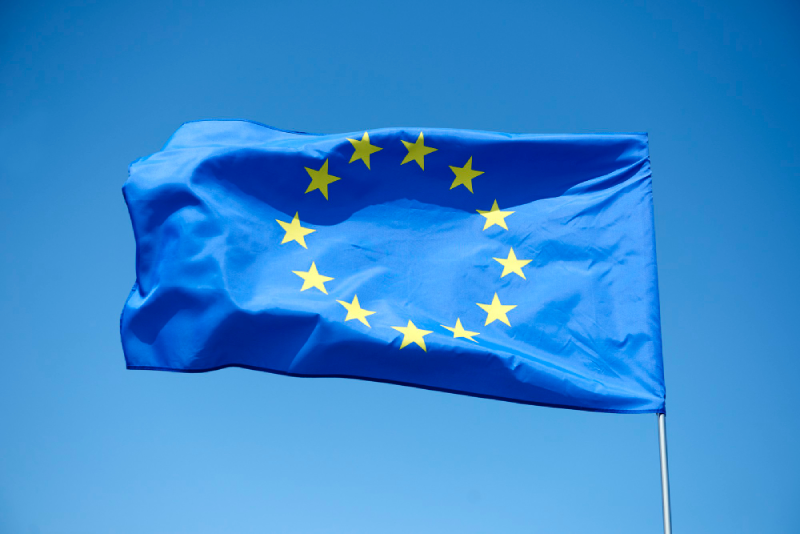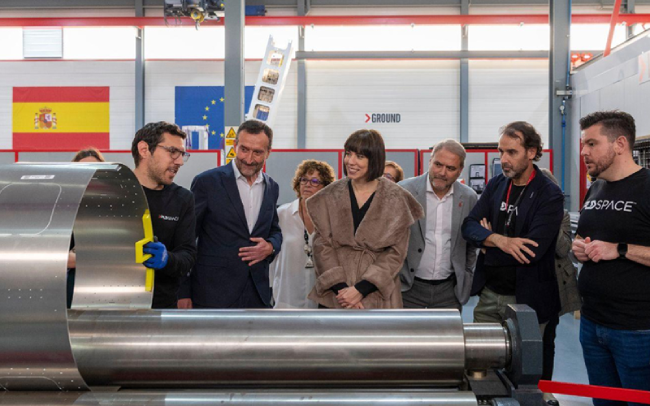The European Union (EU) offers a wealth of subsidies and programs aimed at promoting economic growth, innovation, and sustainability. These opportunities are available to businesses of all sizes and sectors, providing a vital lifeline for those looking to expand, innovate, or adapt in an increasingly competitive global landscape. In this article, we will explore a comprehensive guide on how businesses can harness the benefits of EU subsidies and programs.
Understand the landscape
Before diving into the world of EU subsidies and programs, it’s crucial to gain a clear understanding of the available opportunities. Familiarize yourself with the different types of funding, such as grants, loans, and guarantees, as well as the programs tailored to specific industries or objectives.
Identify eligibility
Each EU subsidy or program comes with specific eligibility criteria. Carefully review these criteria to determine if your business qualifies. These criteria may include factors like company size, industry focus, location, and more.
Focus on Innovation and Sustainability
Many EU programs prioritize projects that promote innovation and sustainability. Emphasize how your project aligns with these goals, as it can significantly increase your chances of securing funding.
Demonstrate added value
Highlight the positive impact your project will have on the local community, the EU, or global society. Demonstrating added value beyond your business can make your proposal more appealing.
Stay informed
EU funding opportunities evolve over time, with new programs and changes to existing ones. To stay ahead, subscribe to newsletters, follow relevant EU websites and attend information sessions or webinars that provide updates on funding opportunities.
Craft a solid business plan
A well-structured business plan is crucial when applying for EU subsidies or programs. Clearly articulate your business goals, the impact of your project, and how the funding will help you achieve these goals. This will not only enhance your chances of approval but also serve as a roadmap for your project.
Network and collaborate
Collaboration can be a powerful tool when seeking EU funding. Partnering with other businesses, research institutions, or NGOs can make your project more appealing to EU evaluators. It can also help you access additional resources and expertise.
Seek professional guidance
Navigating through the complex world of EU funding can be challenging. Consider consulting with experts or organizations specializing in EU subsidies and programs. They can provide valuable insights, assist with application preparation, and help ensure compliance.
Manage Funds Wisely
Once you secure EU funding, it’s essential to manage the funds efficiently and transparently. Keep accurate records, adhere to reporting requirements, and ensure compliance with all regulations.
Evaluate and adapt
After completing your project, conduct a thorough evaluation. Assess whether you achieved the intended outcomes and consider how you can build on this success for future EU funding opportunities.
Explore different funding streams
The EU offers a wide array of funding streams, including Horizon Europe for research and innovation, the European Structural and Investment Funds for regional development, and the European Fund for Strategic Investments for infrastructure projects. Explore which programs align best with your business goals.
Leverage digital tools
The EU provides digital platforms and tools to simplify the application process, monitor progress, and report on project outcomes. Familiarize yourself with these resources to streamline your interactions with EU funding bodies.
EU subsidies and programs present a wealth of opportunities for businesses to thrive, innovate, and contribute to sustainable growth. By understanding the landscape, identifying eligibility criteria, staying informed, and strategically approaching the application process, businesses can unlock the potential of EU funding. Whether you’re a small startup, a growing SME, or a large corporation, leveraging EU subsidies and programs can play a pivotal role in achieving your business objectives while contributing to the broader European economic landscape.




















